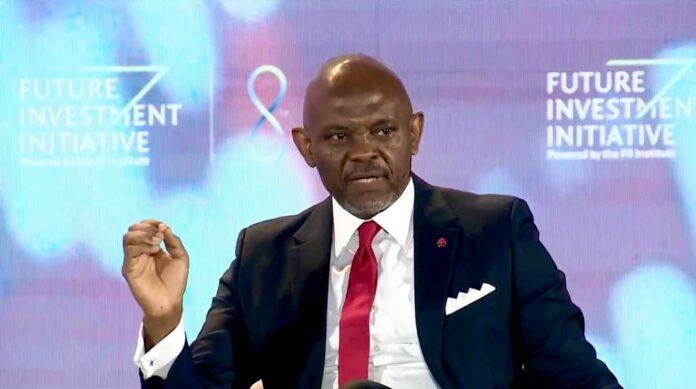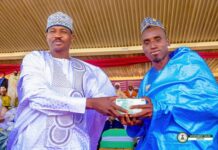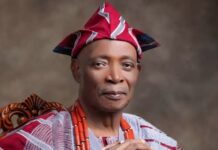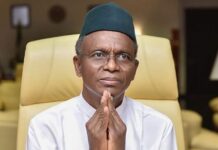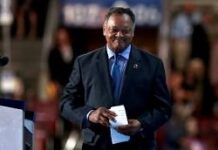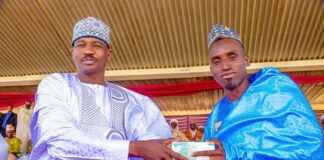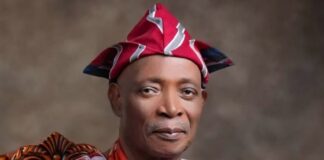FII 2024: Tony Elumelu Highlights Plans To Develop Africa, Says “Traditional Approaches Have Not Worked”
“Too often, entrepreneurs are stifled. It is a combined effort—while the private sector creates economic opportunity and funding, governments must create the enabling environment for businesses to succeed.”
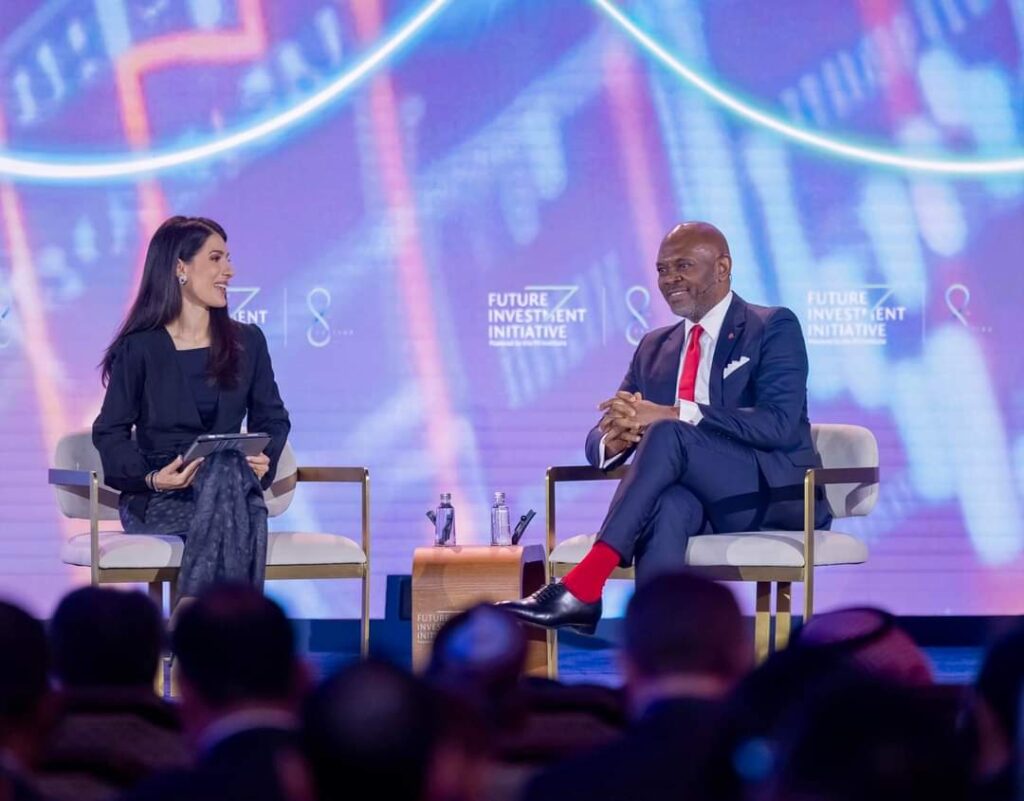
Tony Elumelu, one of Africa’s leading investors and philanthropists, continues his global campaign for a better continent at the ongoing Future Investment Initiative (FII) in Riyadh, Saudi Arabia.
An advocate of the economic principle of Africapitalism, which positions the private sector—especially entrepreneurs—as the catalyst for social and economic development, Elumelu highlighted Africa’s vast resources, immense talent, and wealth of untapped potential that could drive economic growth.
However, he noted to an audience of some of the world’s most influential leaders that traditional approaches have not yielded desired results.
“With 60% of our population under 30, Africa’s young, vibrant, and resilient population is our greatest strength. Yet, high unemployment and infrastructure challenges create huge headwinds,” the founder of the Tony Elumelu Foundation (TEF)—which has empowered 20,000 young men and women who have gone on to create 400,000 direct and indirect jobs—pointed out.
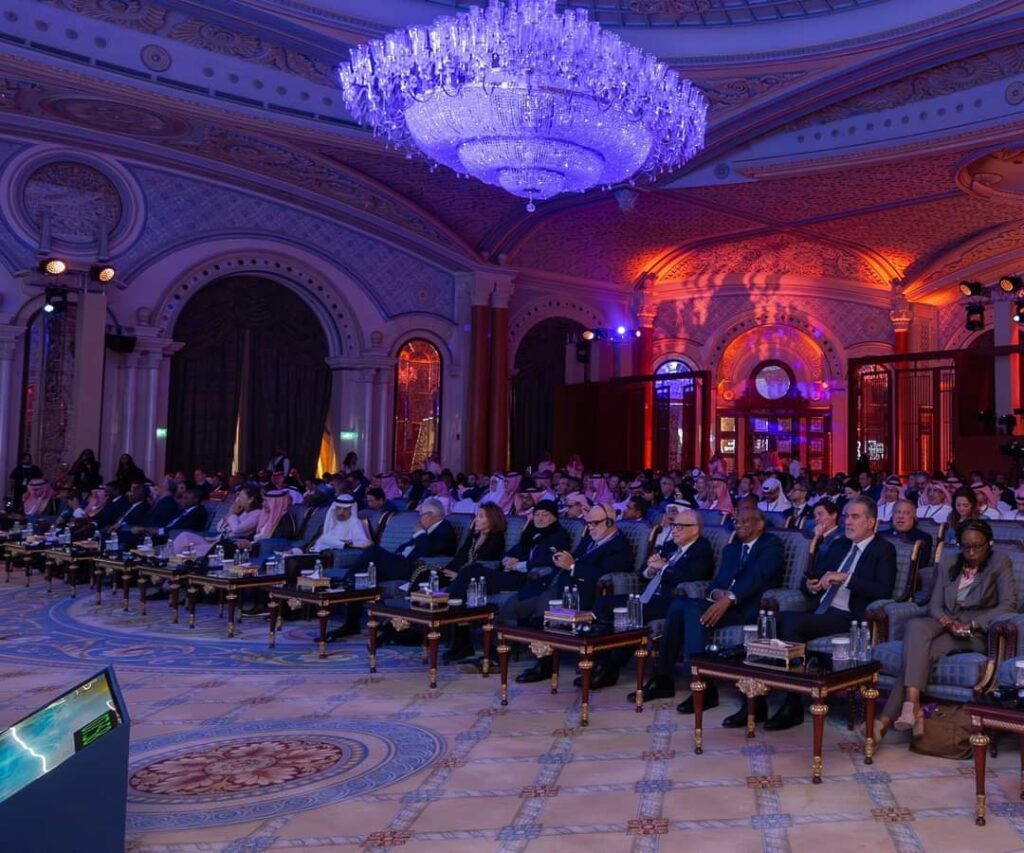
“For too long, we have relied on government, and we know that governments cannot create all the jobs needed on the continent. This is why I champion Africapitalism—the belief that Africa’s private sector must play the lead role in the continent’s economic development,” explained Elumelu, co-chair of FII’s New Africa Summit with the theme “The Landscape of African Entrepreneurship: How Can Vision Transform to Venture?” along with CNN host, Eleni Giokos.
Illustrating how Africapitalism works, Elumelu stated, “Our group, Heirs Holdings, partners with the Tony Elumelu Foundation, our family-funded philanthropy committed to empowering young African entrepreneurs each with $5,000 in non-refundable seed capital, world-class mentorship, and business training to help them build thriving businesses. To date, we have empowered 20,000 young men and women who have gone on to create 400,000 direct and indirect jobs.” He insisted, “This is our way of changing Africa.”
He is also the founder and chairman of Heirs Holdings, his family-owned investment company, committed to improving lives and transforming Africa through long-term investments in strategic sectors of the African economy, including financial services, hospitality, power, energy, technology, and healthcare.

Emphasizing that success does “not come easy, and access to capital does not address all the challenges,” Elumelu added, “When I meet with African governments and policymakers, I emphasize, ‘If you want to develop, you must improve access to electricity, reform taxation systems, and create policies that ease challenges for entrepreneurs to succeed.’ Too often, entrepreneurs are stifled. It is a combined effort—while the private sector creates economic opportunity and funding, governments must create the enabling environment for businesses to succeed.”
The chairman of United Bank for Africa (UBA), the pan-African financial powerhouse catering to the needs of over 45 million customers across 20 African countries, as well as the United Kingdom, United States, France, and the United Arab Emirates, added, “This is the essence of strategic private-public partnerships that will propel Africa forward. And it is for Africa to offer its solutions. We cannot and should not rely on others.”
Re-emphasizing that “Africa beckons, and Africa is open for business,” the champion of commerce, who applauded the CEO of the Future Investment Initiative (FII), Richard Attias, for this vital platform convening global voices, declared, “Through the FII, we are able to engage in advocacy with governments, private sector leaders, and the global philanthropic community. It is a precious opportunity to showcase Africa’s potential and demonstrate our successes.”
Elumelu shared insights from his participation in Riyadh in a social media post on October 29, 2024. More
Credit: SocietyNow NG

